Learning Goals and Competencies by Course Level
COURSE LEVEL | 100 and 200
ASSIGNED READING
- Completing chapter-length textbook readings, secondary source articles and book chapters, and frequent source document readings
- Learning basic historical chronologies
- Reading and utilizing digital materials, to include online source materials and CD resources
CLASSROOM ACTIVITIES
- Note taking in lectures
- Contributing to class discussions
- Contributing to group discussions
- Participating in debates group and partner work
WRITING AND SKILLS
- Reading and film responses
- Reading summaries
- Source document analysis
- Brief position papers
- Learning how to quote a source, primary or secondary
- Learning basic editing and formatting guidelines
CRITICAL THINKING
- Learning to select appropriate topics conducting basic research
- Learning to recognize the difference between primary and secondary sources and beginning to think critically about both
- Beginning to formulate a thesis or claim
- Beginning to spot historical trends or parallels
- Beginning to recognize authors' claims and arguments
COURSE LEVEL | HISTORY 250
ASSIGNED READING
- Any of the above
- Reading archival materials, microfilm, news periodicals, and complete monographs
CLASSROOM ACTIVITIES
- Any of the above
- Writing exercises
- Library research
- Archival research
- Introduction to oral history as a primary source
WRITING AND SKILLS
- Any of the above
- Primary research reports
- Documentary and secondary source analysis
- Archival source reports
- A major research essay
- Learning to quote and cite sources, correctly and consistently
-
graduating to quoting mainly primary source material, rather than secondary source authors
-
Learning to format and edit historical writing correctly and consistently
-
Learning to manage multiple deadlines
-
Learning how to assess the work of another historian and a classmate in the form of book and article reviews, feedback on drafts
CRITICAL THINKING
- Learning to write comparative source analyses
- Learning to formulate a thesis or claim
- Learning to spot historical trends or parallels
- Earning to reconcile or synthesize varying or discrepant data, claims, or evidence
- Leaning to support claims with evidence
- Learning to identify poor or conflicting evidence
- Learning to identify bogus claims and faulty reasoning
- Introduction to/development of the ability to recognize and assess historical interpretation
COURSE LEVEL | HISTORY 300-400
ASSIGNED READING
- Any of the above
CLASSROOM ACTIVITIES
- Any of the above
-
Group or individual presentations
-
Making and presenting slides
-
Engaging with community sources, archives, museums
-
Conducting original interviews
WRITING AND SKILLS
- Any of the above
-
Writing comparative papers across differing fields, eras, regions, etc.
-
Coming to master written format: structure, quoting sources, editing, citations, notes, and bibliographies
-
Writing often and meeting multiple deadlines
CRITICAL THINKING
- Coming to master the above
- Formulating more sophisticated responses to source documents or works of scholarship
- Expressing complex ideas orally and in writing
- Learning to build complex arguments supported by various sources
COURSE LEVEL | HISTORY 350
ASSIGNED READING
- Any of the above
CLASSROOM ACTIVITIES
- Any of the above
- Participating in a simulation of a professional conference
- organizing themed panels
- presenting paper, using PowerPoint visuals
- engaging in discussion, question and answer with audience
WRITING AND SKILLS
- Any of the above
- A major historiography paper
CRITICAL THINKING
- Recognizing and articulating the difference between history as "sum total" of past events vs. history as the created, written record of the past
- Understanding that the discipline of history has a history of its own
- Recognizing and identifying various schools of historical thought and interpretation
- Understanding that written history and historical interpretations are conditioned by the cultural context in which they originate
- Understanding history as a profession and learning about opportunities for practice of that profession



